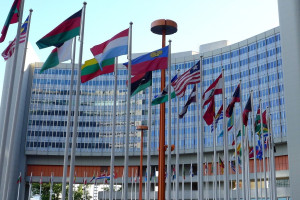
Perspective
 By Deepak Parvatiyar
By Deepak Parvatiyar
The increasing tendency to embarrass the world’s apex peace builder, the United Nations Organization, is fast becoming a pattern. Of late we see perpetrators of bloodshed and terror making it hostage to its violent agenda with consummate ease in the era of fast changing global dynamics. What is even more demeaning is the UN’s sheer helplessness in tackling the situation, and one can again blame it on the emergence of new global regroupings of powerful nations. The UN platform is now routinely being used to settle political score against each other as is evidently clear by the recent happenings where rogue nations have held it to ransom with sheer contempt, and the nations who take pride in policing the world, taking partisan stand.
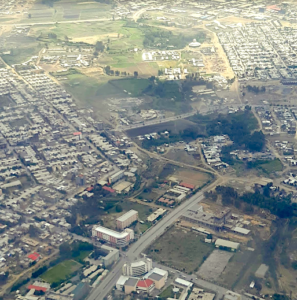
If powers such as the USA could treat this supreme body with contempt, walking out of its various organs at the drop of a hat, it gives enough cue to its ally (read Israel) to garner Washington’s support to publicly snub the UN as they together did after the UN Human Rights Council voted to investigate the violence in Israel during the recent conflict with Hamas.
The USA in recent times had displayed a blatant disregard for the body. It pulled out of the World Health Organization last year (subsequently it is back though, with the change of guard in the USA), and a little before that, in 2018, withdrawn itself from the United Nations Human Rights Council, calling it a “cesspool of political bias”. A year later, on January 2, 2019, both Israel and the US walked out of the United Nations Educational, Scientific and Cultural Organization (UNESCO), opposing several anti-Israel resolutions passed by it in previous years.
It is not that various organs of the United Nations have not come under attack by different countries for different reasons in the past. Even India in 2014 had asked the United Nations Military Observer Group on Indian and Pakistan to vacate a government-provided bungalow in New Delhi, on grounds that the UNMOGIP had “outlived its relevance”since it was set up in 1949. But the upfront attack on the UN staff is a disturbing trend. So far it was confined to the UN peace keeping forces only. Now it has become more blatant.
Of course it is neither intended nor a solution to keep the UN insulated from politics and geo-strategic considerations of Member States. Actually it is a forum to discuss them all. But the growing recent trend of subjugating and controlling it is rather disturbing.
What is even more worrisome is that of late, lesser nations with a history of violence, such as Yemen and Ethiopia, have developed the audacity to either banish or abduct the UN staff. The usurpers in Myanmar scornfully delayed entry to the UN Secretary-General’s special envoy to the country despite repeated requests, added salt to the injury!

What more? Only recently, the Talibans, who were on a rampage before they annexed power in Afghanistan, attacked its office in the country. That was tantamount of a war crime, but at the end, the UN proved to be a pusillanimous entity. This is a dangerous trend, and has the potential of turning more rogue nations and their tyrants even more aggressively pursue their regressive agenda.
While Syria, Myanmar and several African countries have repeatedly highlighted the inadequacies of the UN System on the whole, the recent developments in Ethiopia and Yemen undoubtedly cross all limits with the abduction of UN staff in these countries, and also allegations, particularly by Ethiopia, that these staff were involved in activities that worked against the nation and favoured the rebels from Tigray region.
What is even more conspicuous is the sheer helplessness that the UN has displayed in tackling such situations.
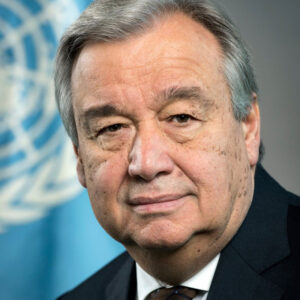
Ethiopia is a case in point. Despite repeated phone calls between the UN Secretary-General and the Ethiopian Prime Minister, the matter stands unresolved, which severely undermines the credibility of the Secretary-General, who actually has only recently been re-elected for a second term in the office!
Now, as recently as on November 23, 2021, the UN Secretary-General’s office informed at the UN Headquarters in New York that given the security situation in the country, and out of an abundance of caution, the United Nations had decided to reduce its footprint in Ethiopia by temporarily relocating all eligible dependents. “It is important to note that staff will remain in Ethiopia to deliver on our mandates. We will monitor the situation as it evolves, keeping in mind the safety of our staff and the need to continue to stand and deliver and to continue our operations and support all the people that need our assistance,” Stéphane Dujarric, Spokesman for the UN Secretary-General, stated.

Yemen is yet another case in point. Indeed the country is sitting on a powder keg, where making a mockery of the UN Security Council’s call for a ceasefire as detailed in resolution 2532 (2020), as well as the Secretary-General’s March 25 , 2021 call for an immediate cessation of hostilities in the country, the Houthi rebels went to the extent of abducting UN staff in the country this month. The UN Human Rights staff member in Yemen was arrested on November 5, and the UNESCO staff member was arrested on November 7, 2021. That apart, the Houthi rebels’ refusal to allow the UN team to visit the leaking oil tanker ‘Safer’, which is stranded at Red Sea, barely 8 kilometres off Yemen’s coast with 1.1 million barrels of oil onboard, is severely endangering the marine life there. While experts believe that ‘Safer’ could turn into an environmental catastrophe of epic proportions, the UN is helpless. It has done enough paper work, its interlocutors have made endless visits to the country, trying to bring about a truce between the warring side. However, all these not just ended in the abduction of two UN staff in capital Sana’a earlier this month “in breach of UN privileges and immunities and in direct contravention to the assurances the UN had received last week”. But in a major shift in the frontline in the Hudaydah Agreement, which among other things also provided a strengthened UN presence in the city of Hudaydah and Ports of Hudaydah, Salif, and Ras Isa, the Joint Forces withdrew from there. What a concerned United Nations Mission to Support the Hudaydah Agreement (UNMHA) could say was that the move “warrant discussion” between the parties of the Hudaydah Agreement. “The Mission stands ready to facilitate those discussions within the framework of the Agreement. The Mission further urges all parties to the conflict to uphold their obligations to protect civilians throughout the governorate, particularly in the South, where clashes have been reported,” the UNMHA stated on November 16, 2021.
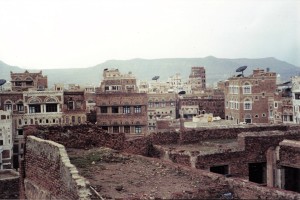
In fact, on November 13, 2021, there were reports of the summary executions of 10 individuals belonging to local security forces that took place in Hudaydah governorate, that obviously amounted to serious violations of international humanitarian and international human rights law. The latest reports emanating from Hudayadah suggest intensive clashes and escalation of fighting in the southern districts of the Hudaydah governorate, specifically in Hays and At Tuhayta areas, with significant civilian casualties reported.
Also read:
- UNAMA team moves out of Afghanistan to a safer destination
- The curious case of detained UN workers in Ethiopia
- Yemen Crisis: Can the UNSC ever tame the Houthis?
- The leaking ‘Safer’ tanker and UN’s frustration
- Yemen Crisis: UNSC calls on the Houthis to urgently facilitate safe access for UN experts to repair the ‘Safer’ oil tanker
- Myanmar and Syria expose the United Nations’ limitations; High time to reform the UN
- Decade-long Syria conflict is the biggest failure of the United Nations
All these cases mentioned above, whether Ethiopia, Syria, Yemen, Afghanistan or Myanmar, and the list is not just confined to them, have proven the inefficacy of the UN and more particularly the UNSC. What we find in all the above cases is not just sheer disrespect for UNSC resolutions by rogue nations, but the audacity to disrespect international laws and the growing tendency to resort to impunity. Is the role of the United Nations now just relegated to that of supplier of humanitarian materials in these rogue nations? Time and again, the inadequacy of the Security Council, the warring nations with veto powers proving to be the real impediments.
The world order is fast changing after the Donald Trump regime had conspicuously pushed the USA into a defensive on a variety of issues including its credibility within the NATO nations. New power centres have emerged. China has developed hypersonic missile and is aggressively pursuing its claims over Taiwan, and challenging the USA on equal footing on issues including Taiwan, Hong Kong, Uyghurs, human rights and trade competition. Now both Russia and China are closing in. Moreover, the tussle between European Union and Belarus emerging not just into a major refugee crisis, but a contentious factor in the former Soviet bloc.
In view of this fast emerging global scenario, when multilateralism is the fad and there is a marked departure from the erstwhile bi-polar world of the last century, and at a time when the forces are realigning, the UN needs to be relevant. This could only be possible with reforms in the organisation, and more particularly in the Security Council, which needs to be more broad-based to be equipped to tackle issues more assertively, and not merely get itself confined to satisfy the ego of the five quarrelling permanent members. Its domain must include addressing humanitarian crises, conflicts and pandemic, and also the burning issues of climate change, global warming, and impending food and water crisis.
It is the time to act or perish for the United Nations. The world has moved much beyond the second World War and the Cold War era. The challenges of the second decade of the 21st century are far more complex, and cannot be dealt with the existing infrastructure that the UN has today.



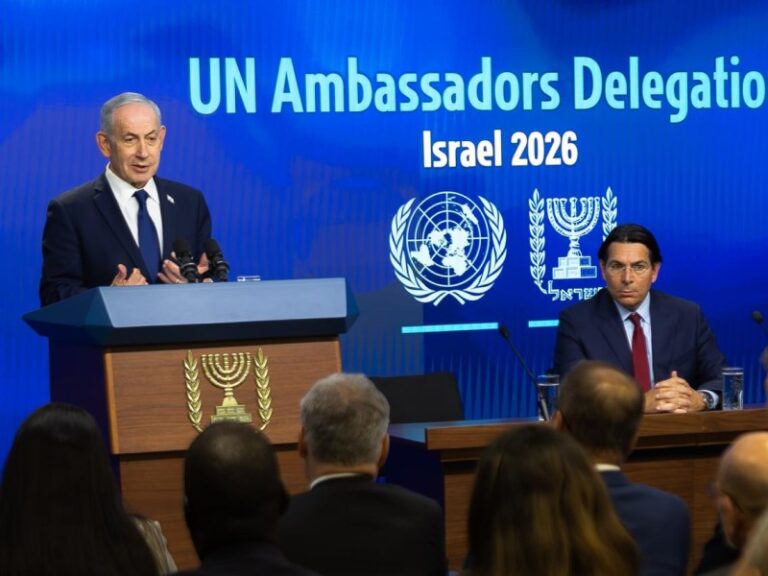
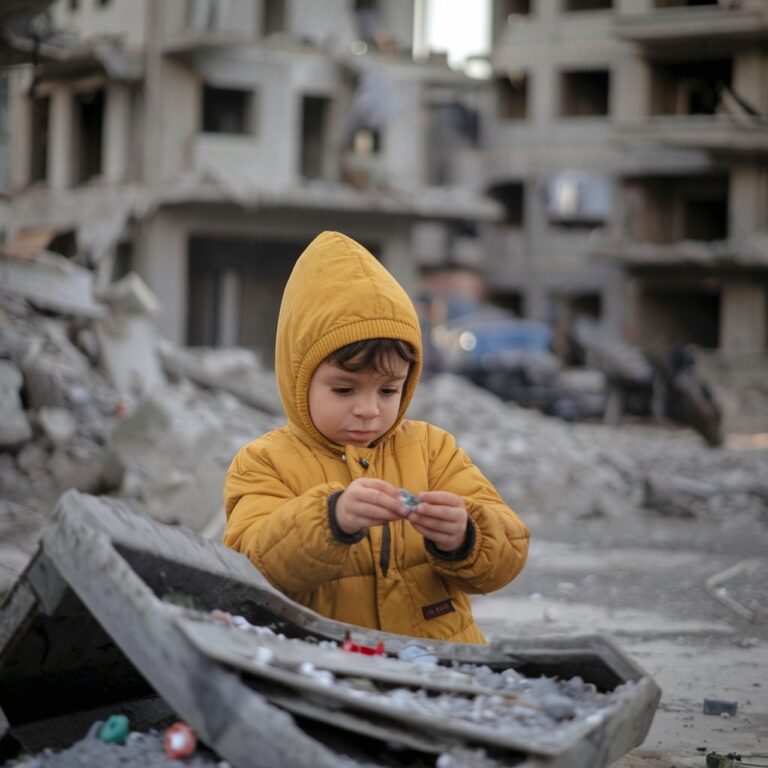

Good perspective and analysis
Very good analysis Deepak. With respect to COVID 19, the climate crises and other environment, inequality, conflict, hunger and other social issues, the UN no longer minces words. In my article last September in the throes of the pandemic I had also expressed the need for UN reform, given the unsustainable direction that powerful political leaders are following. Hope collectively we recognise the importance of the UN and reforms make the organisation more relevant. Thanks
Deepak very well put. Actually the needs have changed due to the current situation of the world than when it was formed. I feel the nature of responsibilities have changed.
UNO was formed immediately after the Second World War like League of Nations was formed after the First World War which could not avert the second world war and lost its relevance.
Similarly UNO has lost it’s relevance in the present dust storm raised by the Islamic Jehadi. It failed to check genocide and destruction in Islamic countries, rise of Taliban to take over a country. It’s offshoot, WHO miserably failed to tackle the Pandemic called COVID-19, instead, it has been accused of conniving with China and some pharmaceutical companies to spread virus and then sell the vaccine.
UNO will also close down it’s office in New York very shortly.
India will emerge as the peace maker in the world.
Absolutely agree with the author. India has been calling for reformed multilateralism. The big powers are hiding behind the smokescreen of consensus blocking the much needed UN reforms.